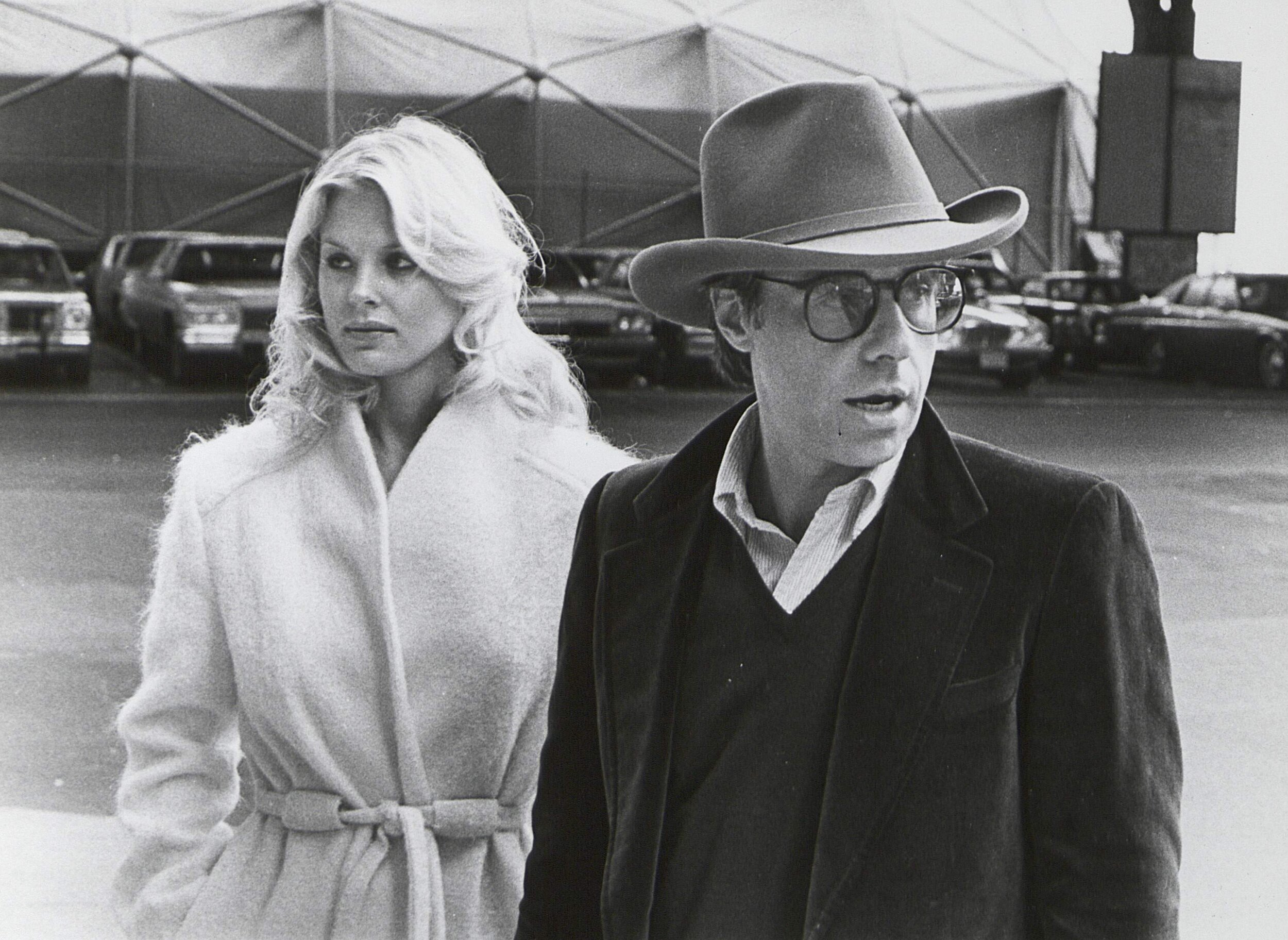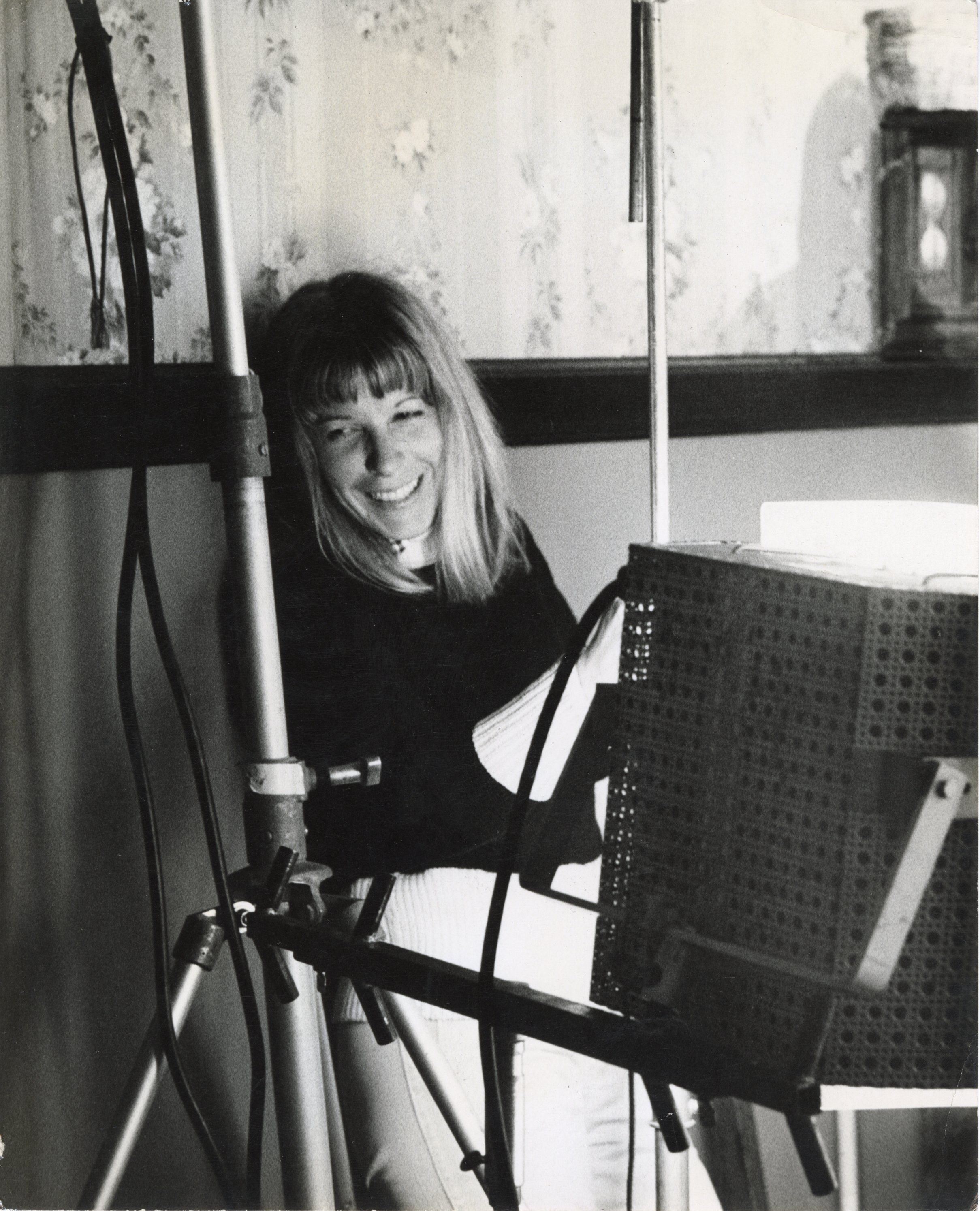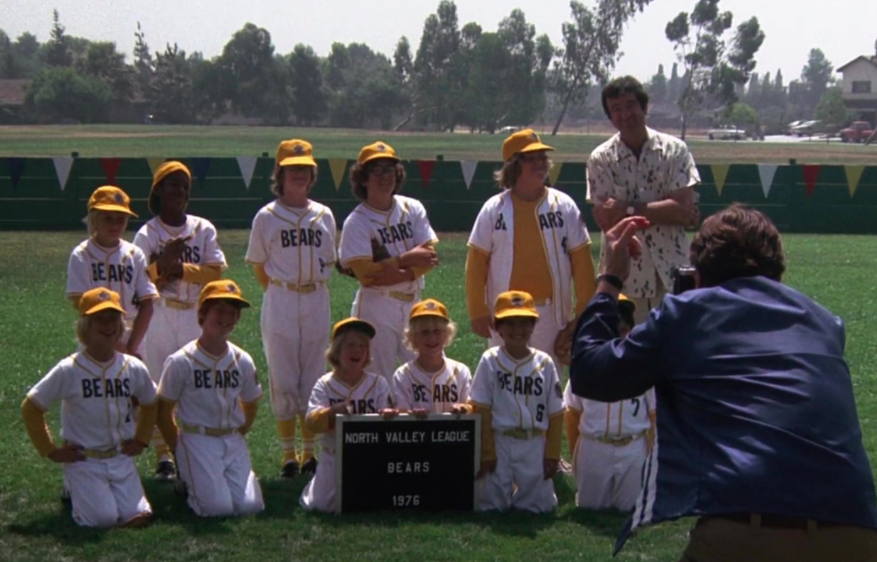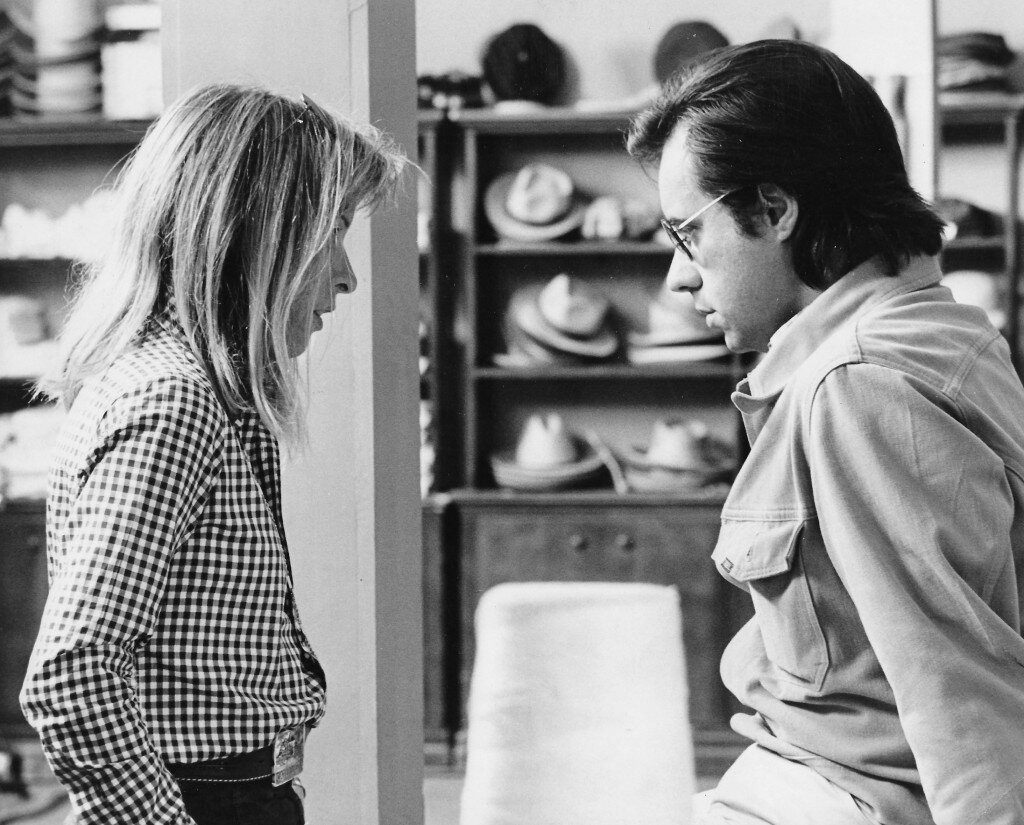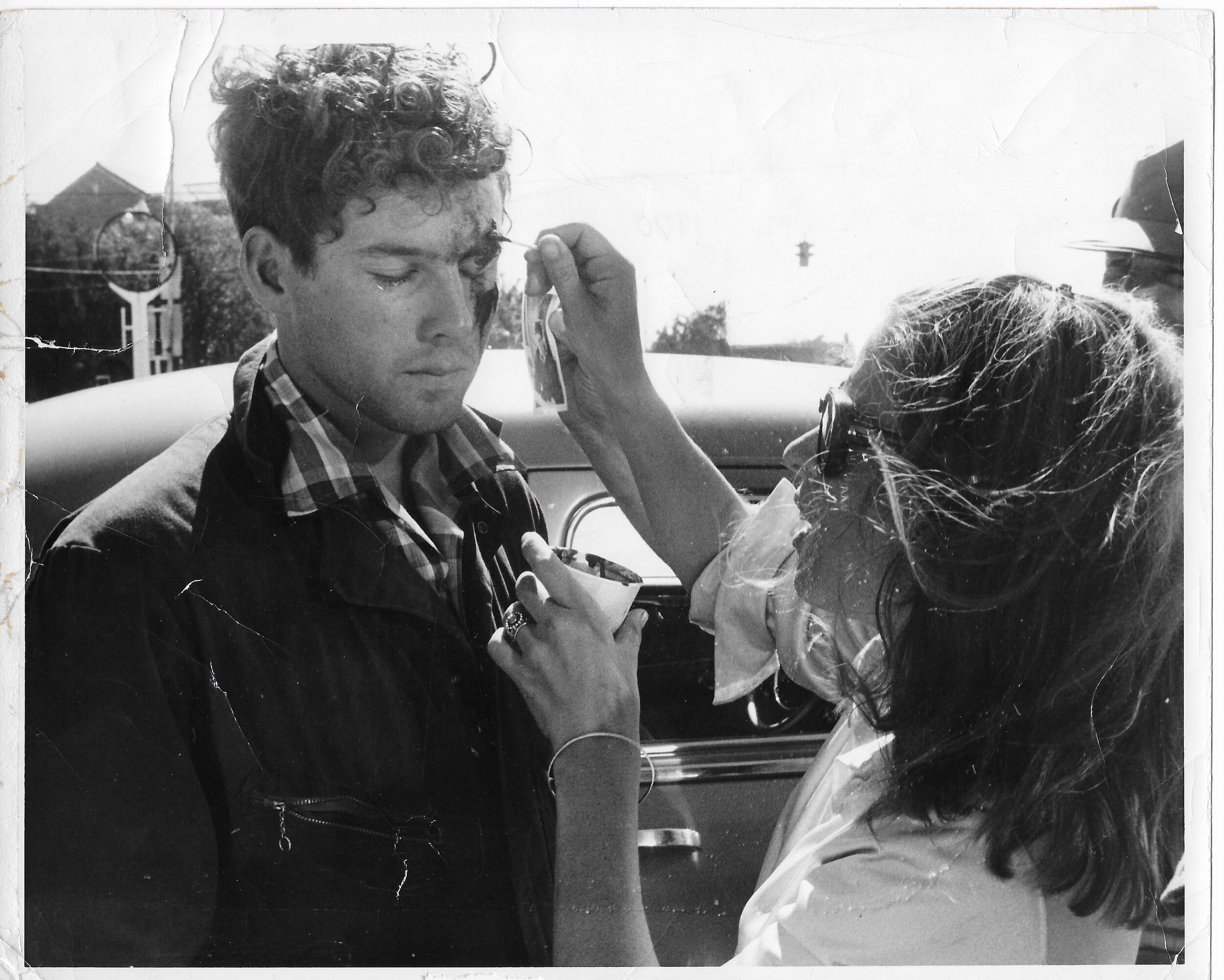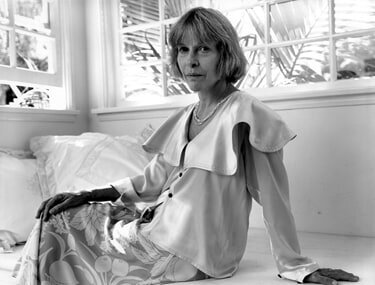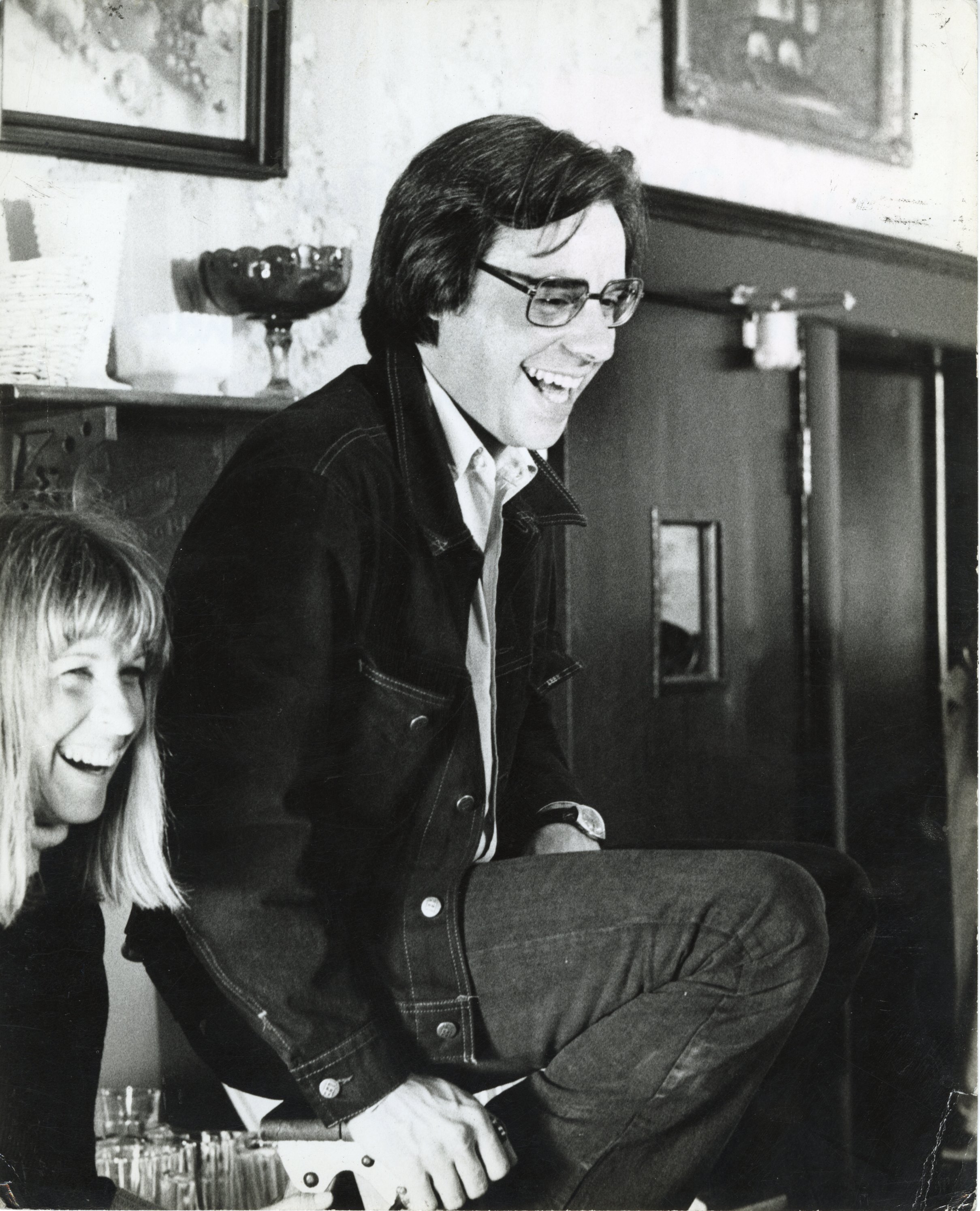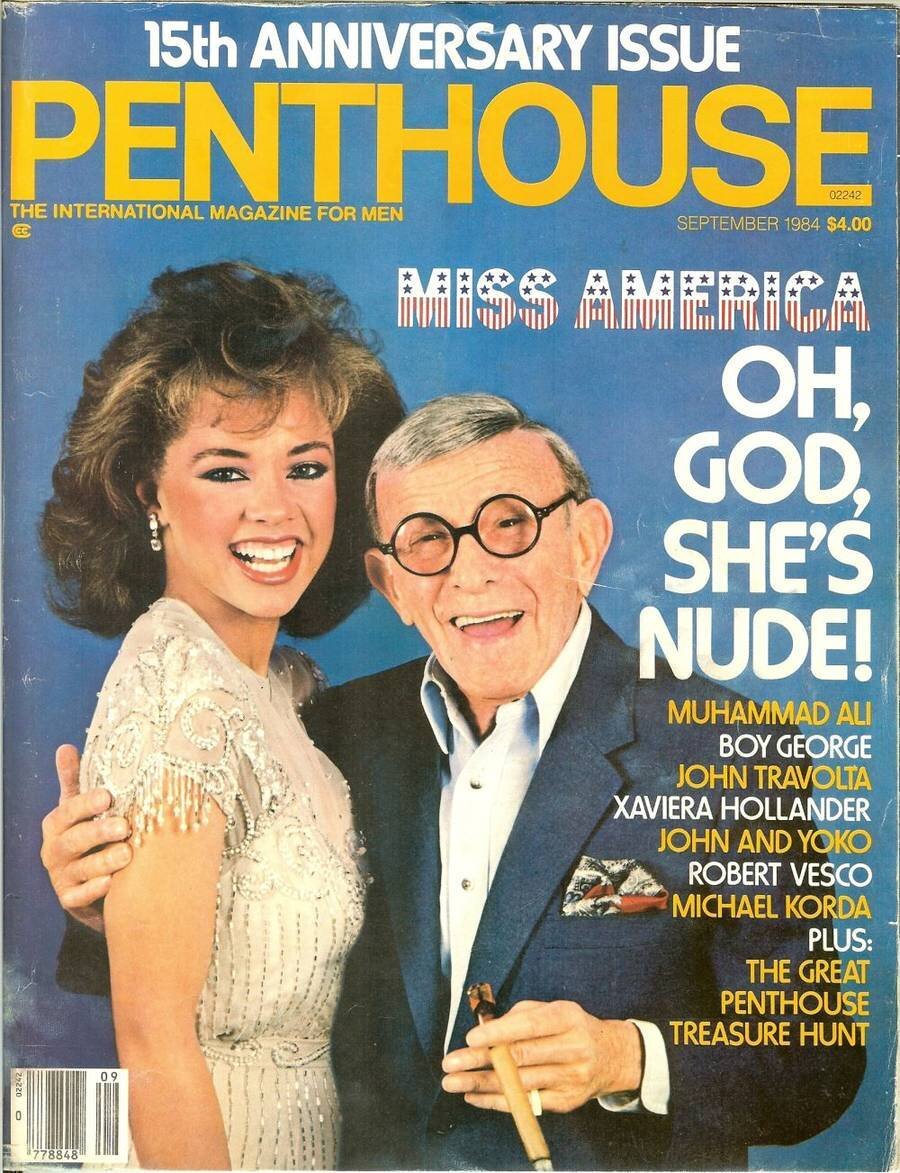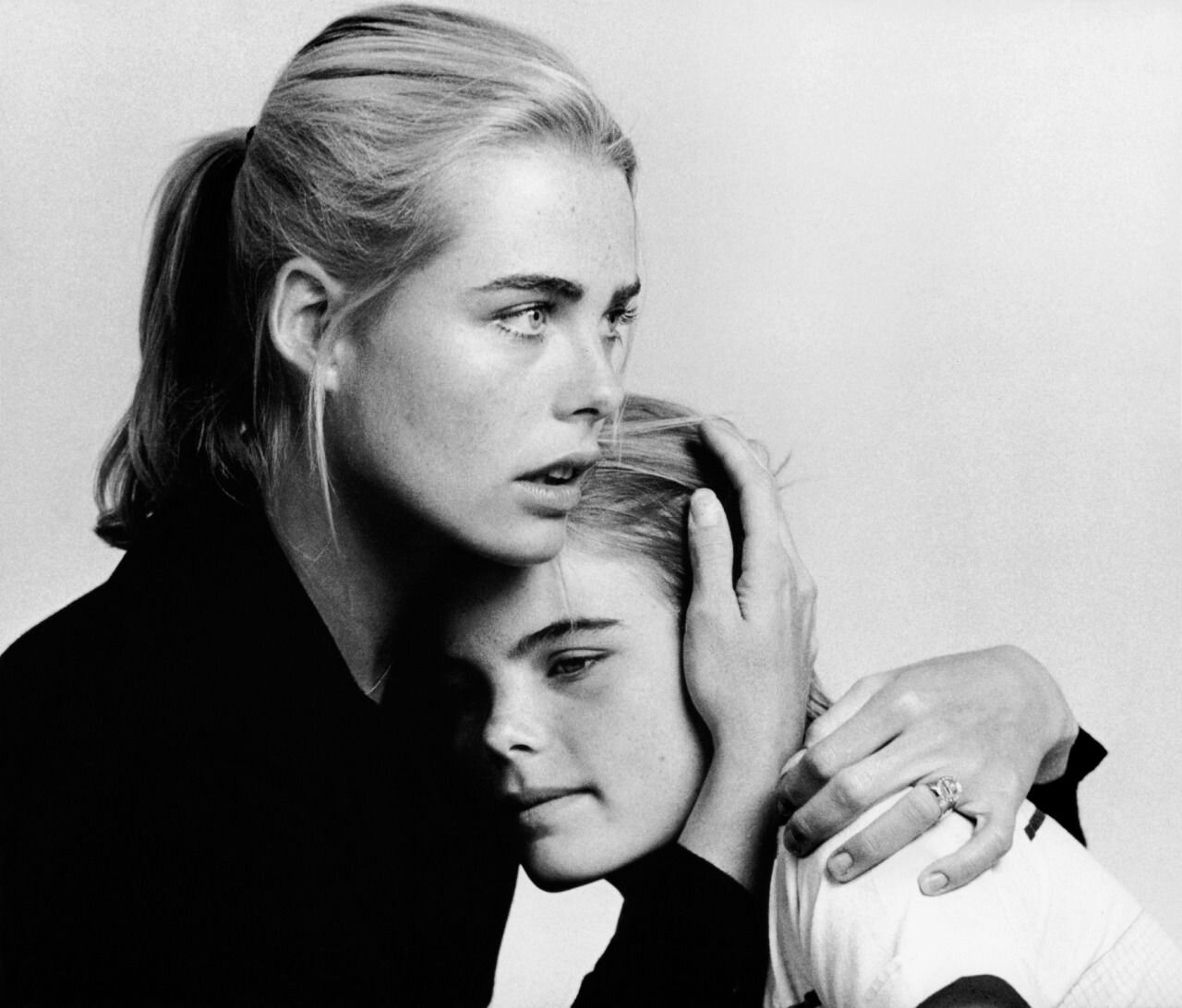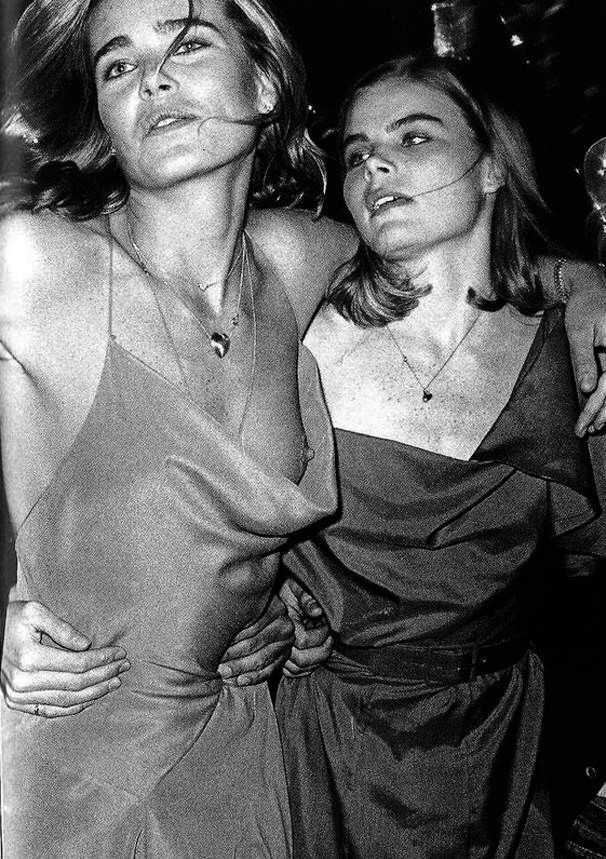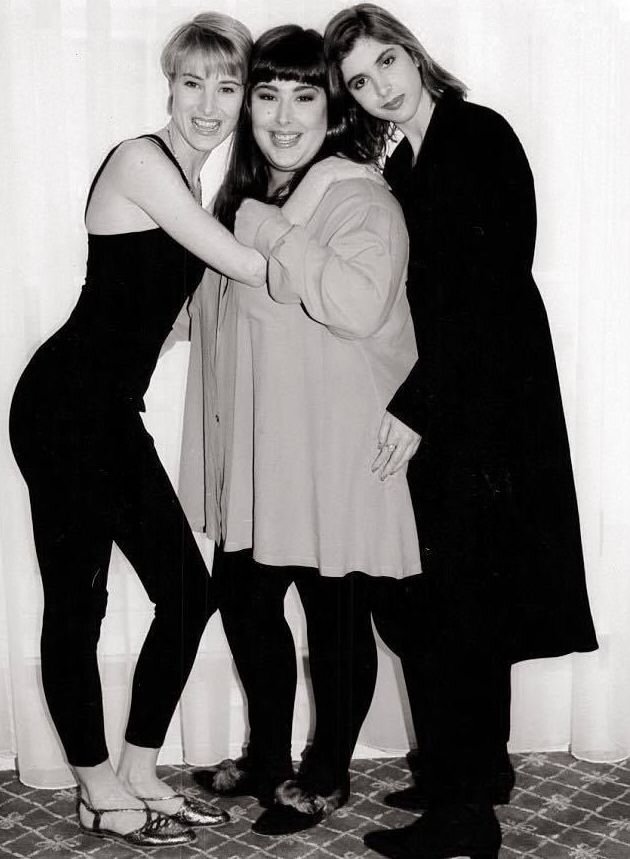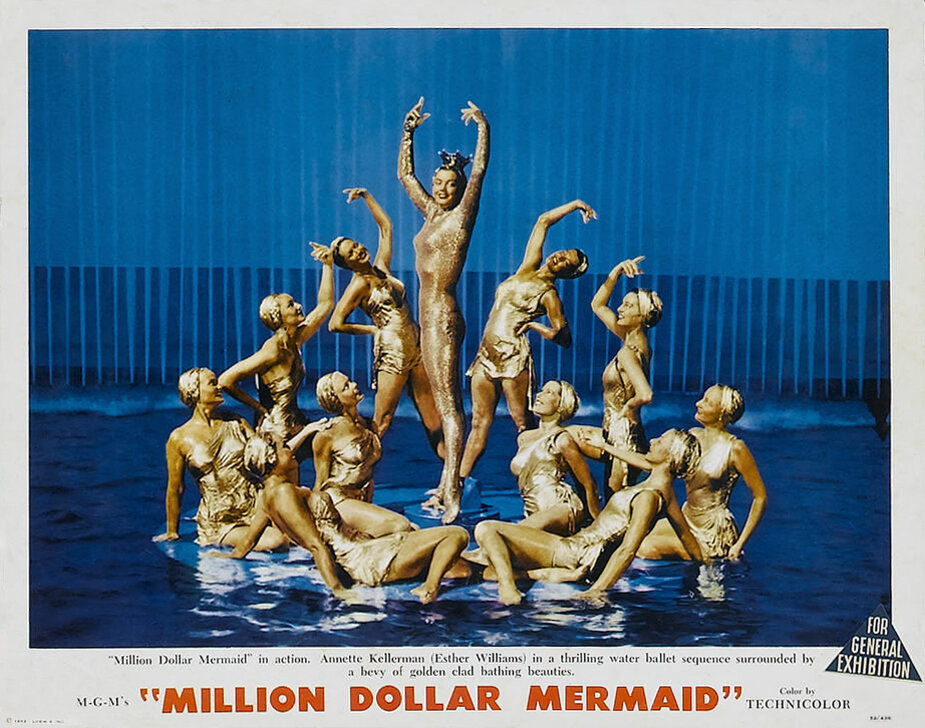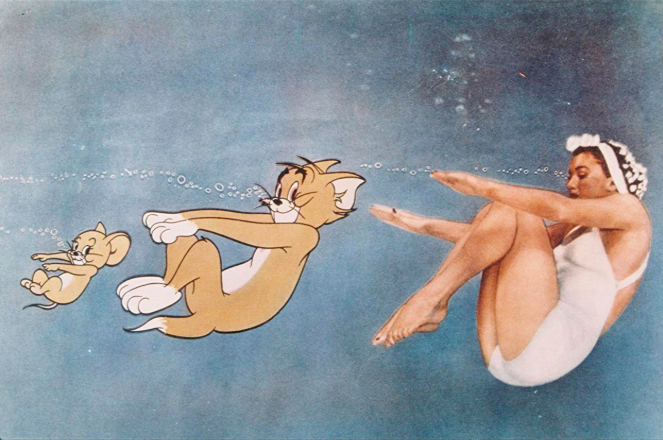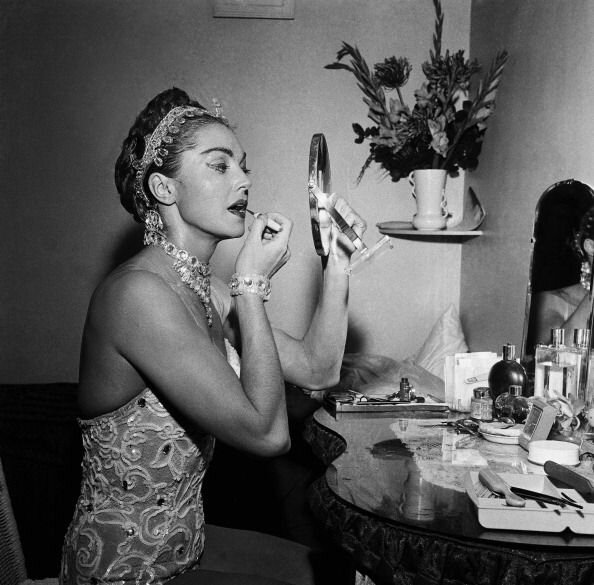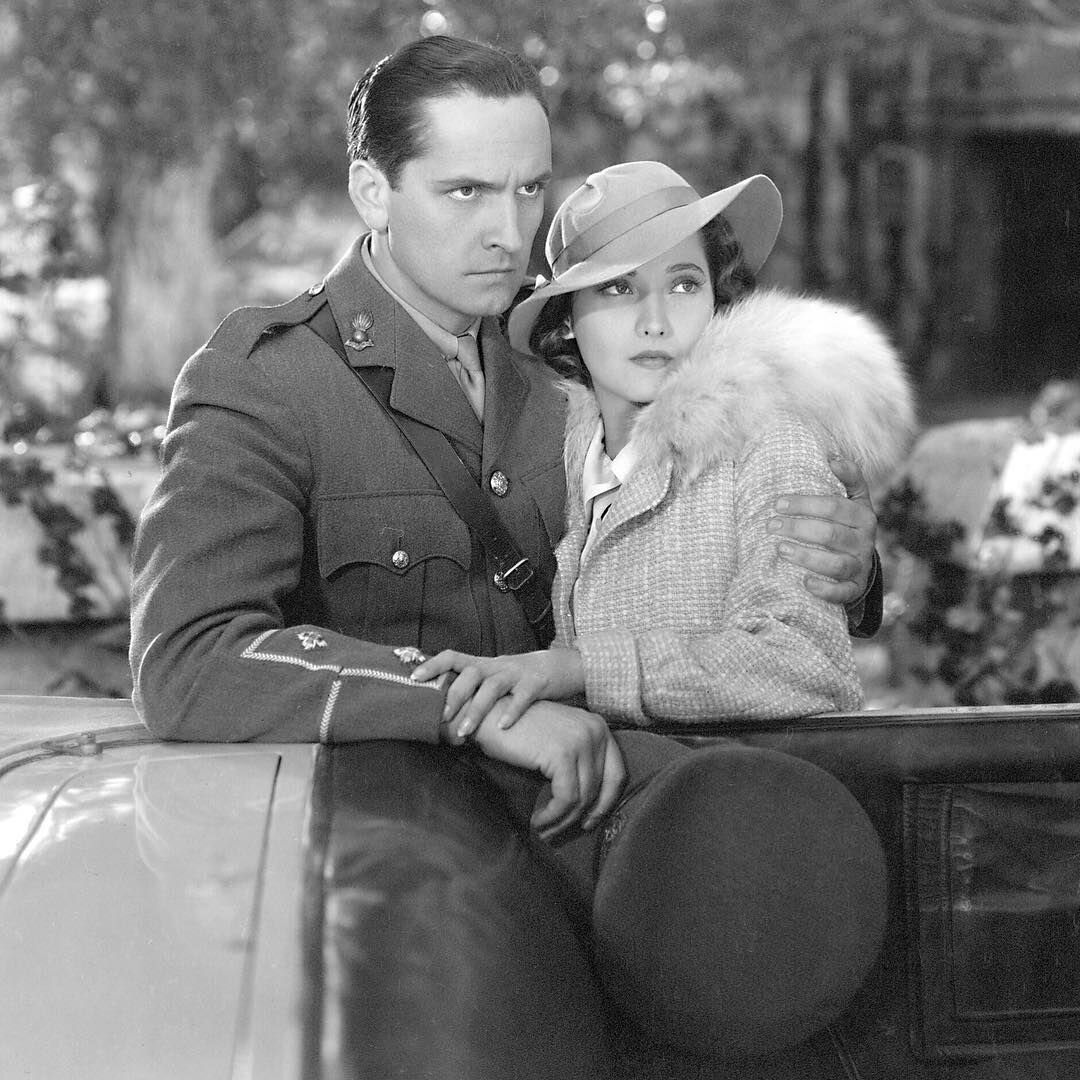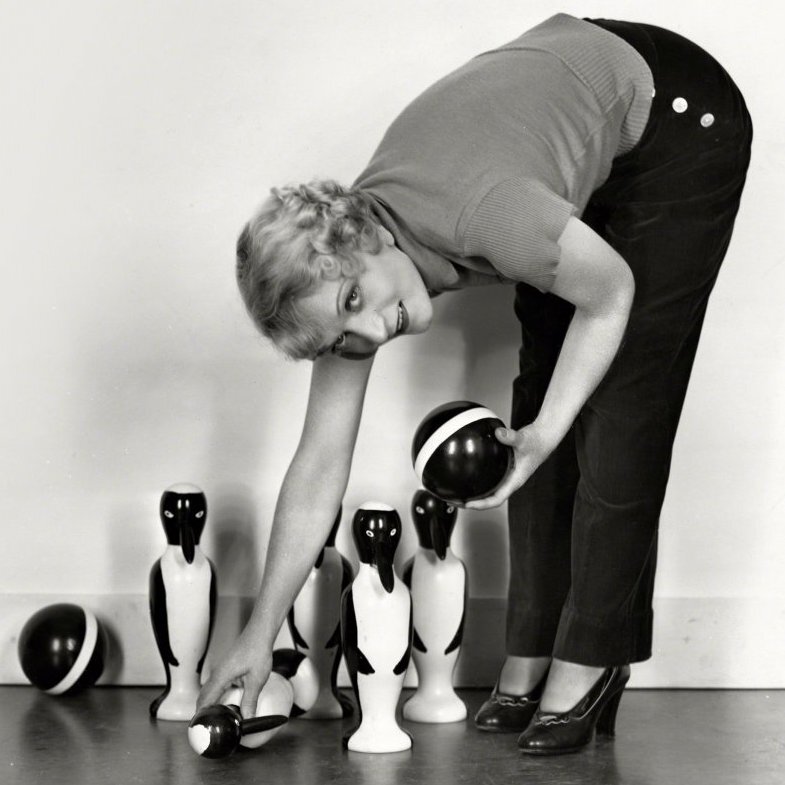Sources for the full season:
It Was Worth It by Polly Platt
Polly Platt, Art Directors Guild Oral History, 2002
American Film Institute seminars featuring Polly Platt, quoted with permission from AFI
James L. Brooks papers, Margaret Herrick Library
Polly Platt clippings, Margaret Herrick Library
Polly Platt files, Art Directors Guild
INTERVIEWS:
Antonia Bogdanovich
Sashy Bogdanovich
Rachel Abramowitz
Alison Anders
Don Block
Barbara Boyle
Jerry Bruckheimer
Penny Finkelman Cox
Cameron Crowe
Danny Devito
Jules Fisher
Nancy Griffin
Paula Herold
Nessa Hyams
Frank Marshall
Larry McMurtry
David Moritz
Amy Pascal
Lisa Maria Radano
Toby Rafelson
Fred Roos
Stacey Sher
Peggy Steffans
Phoef Sutton
Kelly Wade
BOOKS:
Picture Shows: The Life and Films of Peter Bogdanovich
Easy Riders, Raging Bulls by Peter Biskind
Cybill Disobedience by Cybill Shepherd
All My Friends are Going to Be Strangers by Larry McMurtry
The Last Picture Show by Larry McMurtry
Hollywood by Larry McMurtry
Terms of Endearment by Larry McMurtry
Robert Altman by Mitchell Zuckoff
A Paper Life by Tatum O’Neal
Hit and Run by Nancy Griffin and Kim Masters
Is That a Gun in Your Pocket? by Rachel Abramowitz
Pictures at a Revolution by Mark Harris
Can I Go Now? by Brian Kellow
My Lucky Stars by Shirley MacLaine
There Was a Little Girl by Brooke Shields
Barbra by Christopher Andersen
Lessons in Becoming Myself by Ellen Burstyn
In Pieces by Sally Field
Leading Lady by Stephen Galloway
My Lunches with Orson by Henry Jaglom
Watch Me by Anjelica Huston
Roger Corman by Beverly Gray
Best of Enemies by Gus Russo
The Simpsons: An Uncensored, Unauthorized History by John Ortved
The Moguls by Norman J. Zierold
The Simpsons: A Cultural History By Moritz Fink
ARTICLES:
“Remembering Polly Platt” The Hollywood Reporter, August 12, 2011
‘Lonesome Dove’ Legend Larry McMurtry on Fiction, Money, Womanizing, and Old Age by Michael Hoinski, Grantland, May 22, 2014
“Polly Platt, Film Producer and Designer, Dies at 72” Margalit Fox, New York Times, 7-31-2011
“Films Will be Dimmer Without Her” by Patrick Goldstein, LA Times, 7-30-11
Obituaries: Polly Platt. by Ryan Gilbey. The Guardian, 8-8-11
“Flashback for ‘60s filmmakers” by Lynette Rice, THR, 3-8-99
“Carsey-Werner signs up Platt” by Donna Parker, THR, 2-13-1995
“Platt pens McMurtry Pic, Hopes to Helm” — Variety, 2-26-96
“Crafts” by Holly Willis, THR, 12-7-93
“Polly’s progress” by Jean Cox, Women’s Wear Daily, 12-20-76
“Now Polly Platt Has a Script of Her Own” by John M. Wilson, Los Angeles Times, 1-15-78
SHE'S DONE EVERYTHING (except direct) BY RACHEL ABRAMOWITZ, Premiere magazine, November 1993
“Moving ‘Targets’” Variety, April 21, 2004
“Critic-Into-Film-maker int the French Style” by Kevin Thomas, Los Angeles Times, June 4, 1967
“Target’ For Exploitation: Refreshing, Promising 1st” by John Mahoney, The Hollywood Reporter May 6, 1968
“Par Buys ‘Targets’, Bogdanovich Indie” July 26, 1968, Hollywood Reporter
“Par Gropes on Sniper Pic” By Lee Beaupre, Variety, August 7, 1968
“One Does Not Want This Sniper To Miss” by Renata Adler, New York Times August 25, 1968
“Bogdanovich Debuts as a Director with Targets” by Kevin Thomas, LA Times, September 6, 1968
“Larry McMurtry Speaks His Mind, Again” by Andrea Valdez, October 13, 2013
“Susan Sarandon on Her Love Affair With David Bowie, Woody Allen’s Creepiness, and Psychedelics” by Marlow Stern, The Daily Beast, Jul. 24, 2014
“Will ‘Anything’ Go Over?” by Jeffrey Wells, 8-8-93
“Pretty Baby” by Joan Goodman, NYM, September 26, 1977
Adler’s ‘Roses’ Set For Fox Film; Author Now To Adapt ‘Random,’ September
11, 1985, Variety
“On Its Own Terms” by Joe Leydon, April 7, 1996, LA Times“When Hollywood Was Really a Man's World” July 19, 1998, LA Times
“Jack Nicholson Skiing Aspen’s Slopes” March 27, 1977, Arizona Republic
“Women Directors in Hollywood” by Jan Haag
“Breaking Away from Reverence and Rape: The AFI Directing Workshop for Women, Feminism, and the Politics of the Accidental Archive”
“The Moving Image: The Journal of the Association of Moving Image Archivists” Philis M. Barragán Goetz
Vol. 15, No. 2 (Fall 2015), Published by University of Minnesota Press“How to Succeed: Fail, Lose, Die - Women in Hollywood” by Maureen Orth
“Shirley MacLaine on a Different Age of Sexual Harassers in Hollywood” by David Marchese, NYTimes, Nov. 4, 2019
“Shirley Maclaine’s Aurora Shines Again” by Pual Willistein, The Morning Call, 12/22/1996
“Winging It”, L.A. Examiner 2/21/1983
“She’s Done Everything Except Direct” by Rachel Abramovitz, Premiere, November 1993







